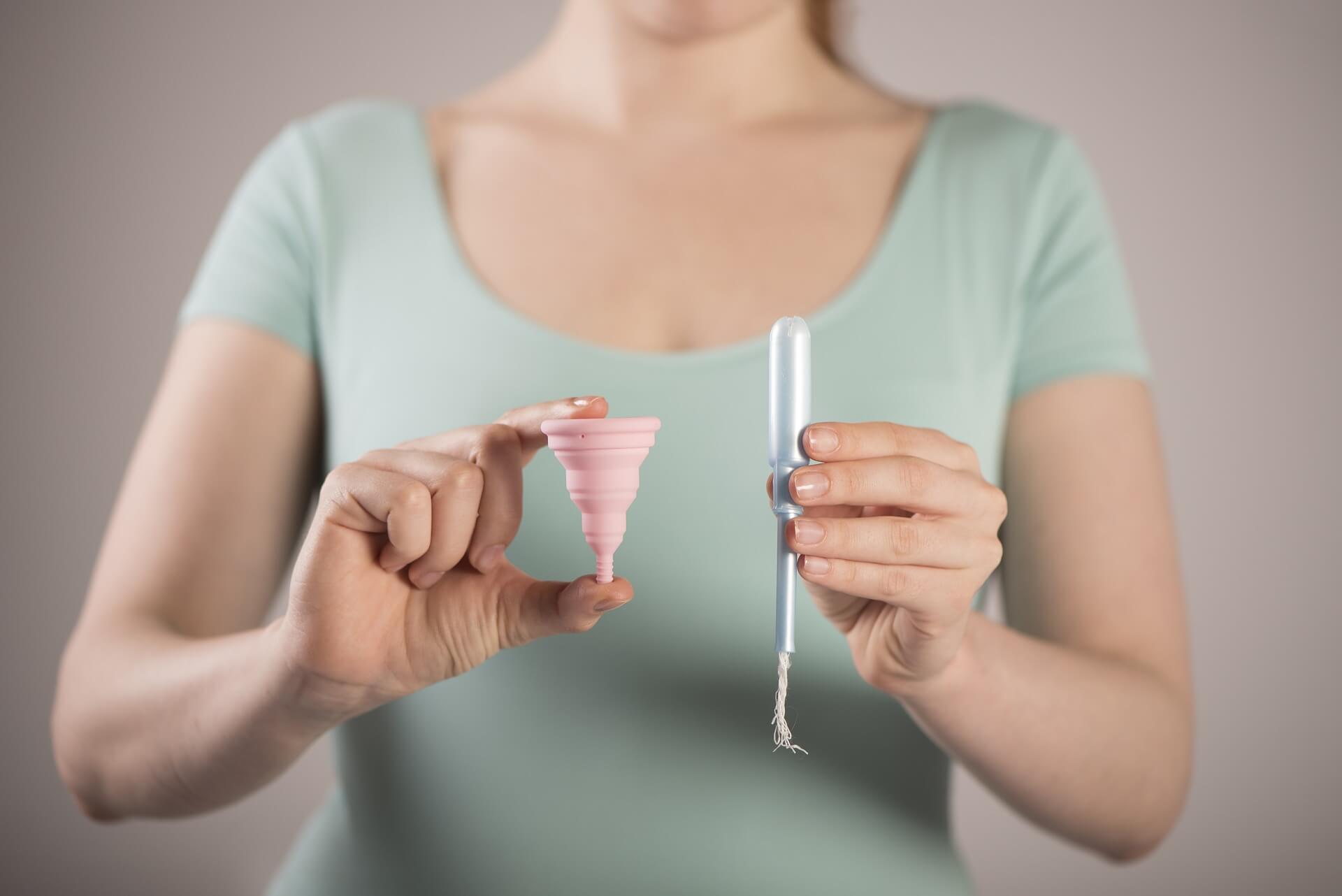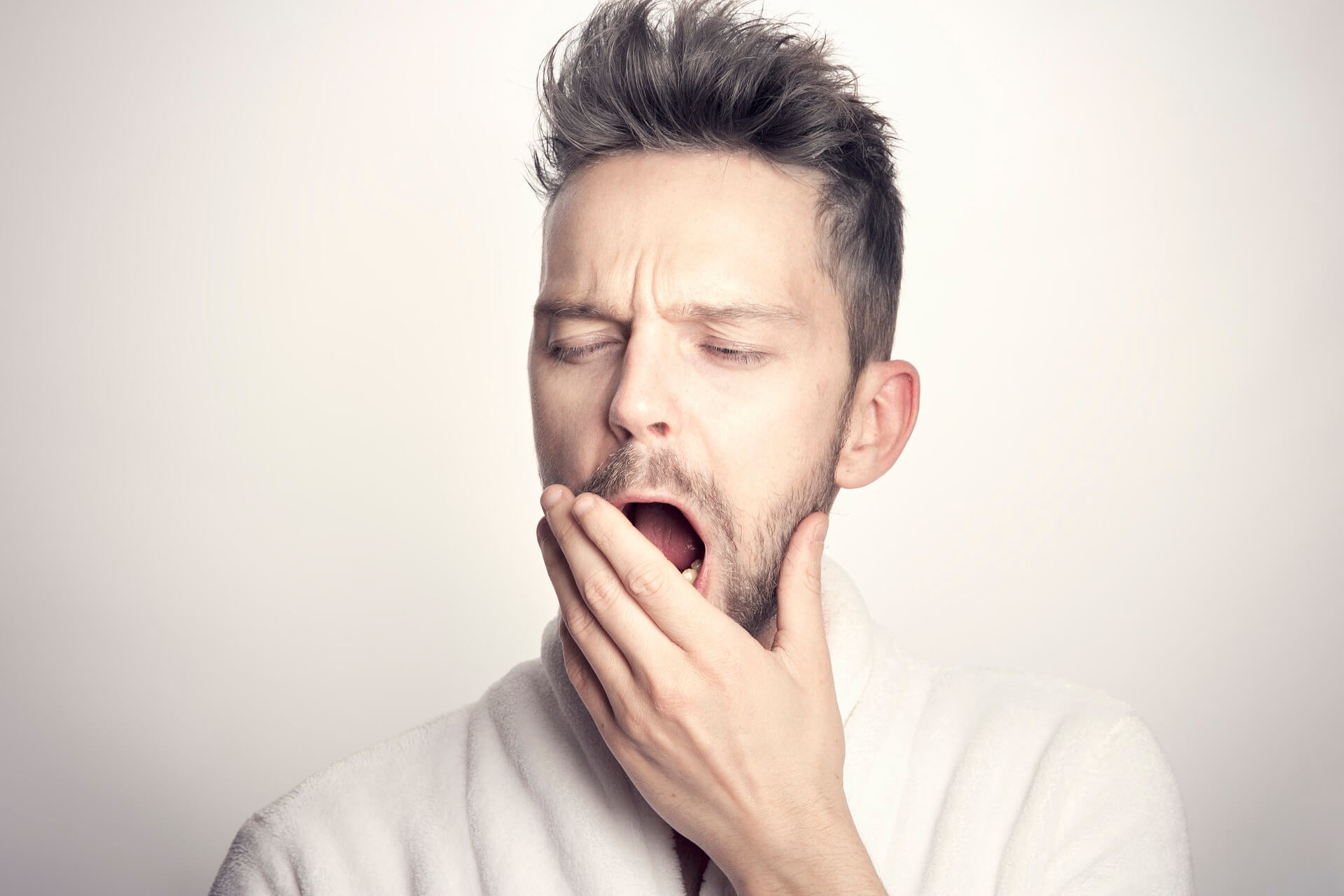
Menopause – Symptoms and Remedies
Menopause – Symptoms and Remedies Menopause occurs when your periods stop. This usually happens between the ages of 45 and

Do you have painful periods? Have you taken time off work because your symptoms are making you ill?
A Bupa article published at the beginning of the year highlights the fact that some woman are embarrassed about the reason for being off work, or they feel their boss wouldn’t understand if they told the truth.
For this reason, over a third of women who took part in research carried out by Bupa Global and UK said that rather than tell their employers they couldn’t work because of period pain, they gave another excuse.
That’s sad because period pain can be very debilitating, and women need to know that their employers understand how a period affects women every month. Talking about periods should be a part of a workplace health protocol. It should be viewed positively rather than negatively with tools and advice about managing pain and other symptoms without stigma.
There are several common symptoms.
The most common is period pain. Period pain will often begin as your period starts. It feels like spasms or cramping in your stomach and the pain can be intense. The symptoms will usually last for up to 3 days.
The pain is caused when your uterus contracts. It does this to help shed the lining of the womb. The contractions temporarily cut off oxygen in the tissues of your uterus which then release chemicals that can trigger the pain you feel.
It may be that some women feel more pain than other women because of a build-up of hormone-like chemicals called Prostaglandins which make uterine contractions strong.
Other symptoms include tender breasts, fatigue, migraines or headaches along with lower back pain and bloating. Many women also find it difficult to get a good night’s sleep during their period. Some women also suffer from heavy periods which can also impact daily life.
The average blood loss for a woman during her period is between 30ml and 40ml of menstrual blood in each cycle. But women who have heavy periods (menorrhagia) can lose 80ml or more, almost double the average amount.
You’ll know if your periods are heavy if you have to change your pad or tampon as frequently as every hour or two. If you wear a menstrual cup it will need emptying before the recommended time of between 8 and 12 hours. You might also have to wear two types of sanitary products at once, such as a tampon with a pad.
Other signs of heavy bleeding are passing small blood clots and bleeding through your clothes or on your bedding. Regular heavy periods may cause anaemia which is an iron deficiency. Anaemia causes pale skin, heart palpitations, shortness of breath, fatigue and tiredness.
Many women manage their period pain by taking over-the-counter painkillers like paracetamol or Ibuprofen. But if you have severe pain or heavy periods Evana tablets may be the solution.
You can buy Evana tablets without a prescription. Evana is suitable for most women and Ultravana is suitable for women between the ages of 15 to 50.
Ultravana contains a drug called naproxen which is non-steroidal and anti-inflammatory. It isn’t absorbed in the stomach, instead, it is absorbed in the small intestine which means it is gastro resistant.
PubMed published the abstract of a study which compared the pain relief provided by naproxen, ibuprofen and acetaminophen (paracetamol). The conclusion was that naproxen provided better pain relief than ibuprofen or paracetamol.
Evana For Heavy Periods contains tranexamic acid. It is non-hormonal, and it has been shown to reduce heavy bleeding by as much as 60%. Science Direct recently published an abstract about Tranexamic acid for the treatment of vaginal bleeding. Their evidence concluded that tranexamic acid now represents the standard of care for the oral treatment of heavy menstrual bleeding.
If you would like to try the Evana products talk to us at the pharmacy. We’ll need to have a quick consultation to make sure the tablets are suitable for you.
WW

Menopause – Symptoms and Remedies Menopause occurs when your periods stop. This usually happens between the ages of 45 and

Anaemia can leave you tired and fatigued. Read our short guide to find out more about the symptoms of anaemia and how they can be treated.

To provide the best experiences, we and our partners use technologies like cookies to store and/or access device information. Consenting to these technologies will allow us and our partners to process personal data such as browsing behavior or unique IDs on this site and show (non-) personalized ads. Not consenting or withdrawing consent, may adversely affect certain features and functions.
Click below to consent to the above or make granular choices. Your choices will be applied to this site only. You can change your settings at any time, including withdrawing your consent, by using the toggles on the Cookie Policy, or by clicking on the manage consent button at the bottom of the screen.